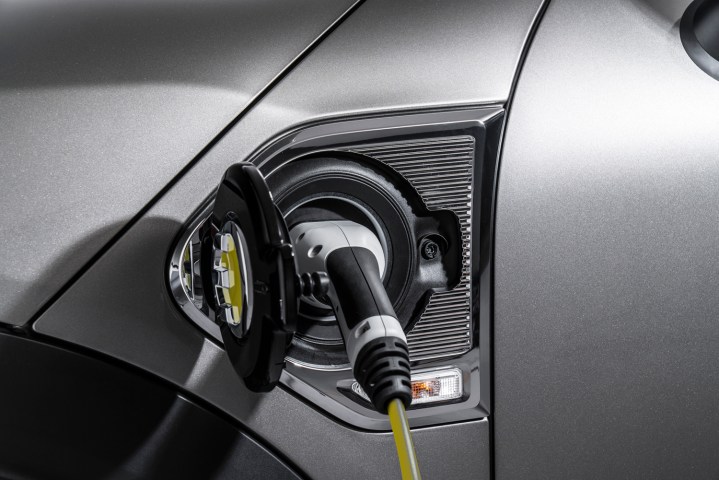
The yet-unnamed, battery-powered car will be one of the Mini lineup’s five core models. However, it will be an electrified version of an existing car instead of a brand new model developed from scratch. The company confirmed to British magazine Autocar that it’s busily working on an EV, but it stopped short of revealing which nameplate it will be based on.
Regardless of size and segment, the electric Mini will usher in a breakthrough in battery technology, according to company boss Peter Schwarzenbauer.
“It’s completely new technology. It’s the next step in battery tech. We chose to launch in 2019 as this is when we will see the technology,” he explained. He declined to provide additional details such as how many miles the EV will be capable of covering on a single charge, and what kind of battery chemistry it will use.
The decision to build an electric Mini marks the end of an internal debate over how to expand the company’s lineup. Executives are keeping quiet, but sources close to Mini have revealed the other options on the table were an enthusiast-oriented convertible inspired by the well-received Superleggera Vision concept and an entry-level city car similar to the tiny Rocketman concept. Neither model has been officially ruled out, according to Schwarzenbauer, but the chances of seeing either in showrooms have diminished because Mini is allocating the bulk of its resources to bringing its EV to the market in just three years.
Motorists who don’t want to wait until 2019 to slip behind the wheel of an electrified Mini aren’t entirely out of luck. The second-generation Countryman that was introduced recently in Los Angeles will be offered with a plug-in hybrid drivetrain as soon as it lands in showrooms. It still burns gas, but it’s capable of driving on electricity alone for 24 miles at speeds of up to 77 mph.



